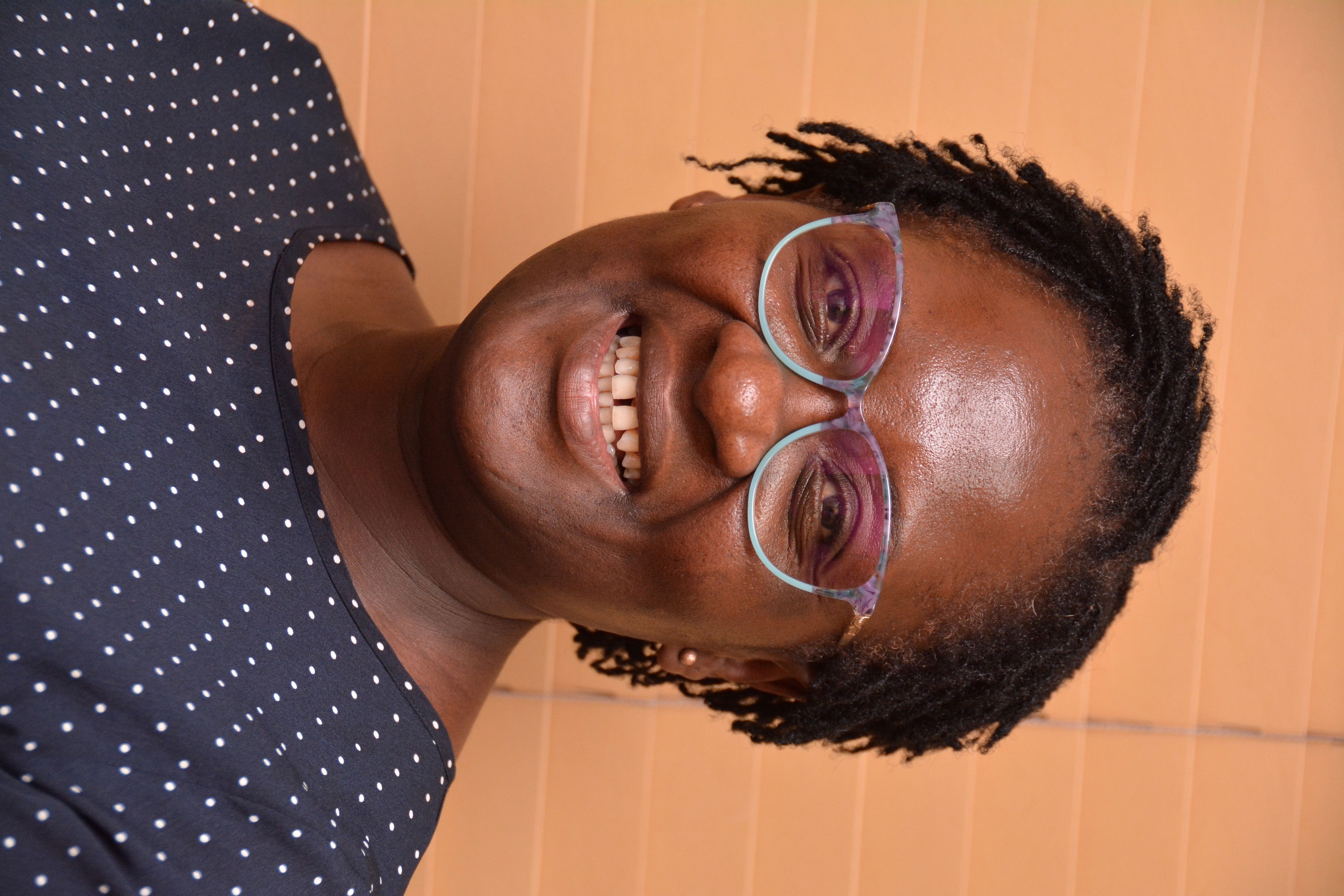 Christabel Wesonga, a nurse director, maternal and child health programs at Aga Khan University Hospital, Nairobi.
Christabel Wesonga, a nurse director, maternal and child health programs at Aga Khan University Hospital, Nairobi.
Due to circumstances they cannot avoid, some mothers choose to mix feed by breastfeeding and also doing formula feeding. Is this bad?
It depends, says Christabel Wesonga, a nurse and director of maternal and child health programs at Aga Khan University Hospital, Nairobi.
Wesonga advises mothers to breastfeed their babies because of the many benefits that the breastmilk has for the baby and for the mother, too.
She says that breastfeeding gives
the baby everything they need to grow strong and healthy.
She says: “Breastmilk is packed with antibodies that help
fight off infections, supports brain development, reduces the risk of
allergies, and even lowers the chances of chronic diseases like obesity and
diabetes later in life. For breastfeeding mothers, it helps shrink the
uterus after delivery and creates a beautiful bond with the baby.”
According to her, mothers who can’t or choose not to breastfeed
may opt for formula feeding because of the nutrient content they contain. However,
she warns that it can not mimic breastmilk because of the antibodies, enzymes,
hormones, and cells breastmilk contains that are specifically designed for the
baby’s needs.
Nevertheless, she says that due to circumstances that cannot
be avoided, mothers can choose to mix feed by breastfeeding and also doing
formula feeding, depending on what is convenient for them at any particular time.
Even though breastfed babies have a lower risk of certain diseases
like diarrhoea, respiratory infections, and ear infections, especially in the
first six months, because of the immune-boosting elements they contain, that doesn’t
necessarily mean that formula-fed babies will always get sick. Safe formula
feeding practices and good hygiene help reduce the risks of infection.
“A mother using formula can still protect her baby from
infections by practising good hygiene and safe feeding practices. This includes
washing hands before preparing feeds, sterilising bottles and nipples
regularly, using clean boiled water, and following the correct formula mixing
instructions,” she notes.
She further advises: “Bottles should be freshly prepared or
stored safely in the fridge and used within 24 hours. Leftover milk should be
discarded after each feed to prevent bacterial growth. Holding the baby during
feeding and not propping the bottle also reduces infection and choking risk.
Additionally, keeping feeding tools clean, ensuring the baby receives all
recommended vaccinations and attending regular checkups help keep the baby
healthy.”
With the advent of technology, it has greatly transformed
how mothers learn and get breastfeeding support. They can check through social
media and get valuable lessons on breastfeeding. However, Christabel advises
that mothers should rely on credible professional information because of the misinformation that is peddled on most social media platforms.
Christabel advises that the world should create a
sustainable breastfeeding support system where mothers are encouraged and
enabled to breastfeed. This includes workplaces with paid maternity leave,
breastfeeding breaks and lactation rooms. This can be achieved through hospitals
practising baby-friendly policies like rooming-in and early initiation for
visitors and staff, public places like malls, markets and even churches having
safe, clean and private breastfeeding rooms.
She tells communities to provide peer support groups and
trained breastfeeding counsellors as well as families that understand, support
and value breastfeeding mothers. “When these systems are in place, mothers are
more likely to breastfeed longer, babies grow healthier, and communities thrive,”
says Christabel.
She insists that one does not need to be a mother to make a difference. “Breastfeeding is not a woman’s burden, it’s a community responsibility.”
She calls on employers to provide flexible
schedules and lactation rooms, and church leaders to create child-friendly spaces
and allow feeding without shame. Moreover, healthcare providers can educate and
empower mothers, not pressure them. Family members can share the workload and
cheer moms on, while policymakers can protect maternity leave and regulate
formula marketing.
She concludes by telling those mothers who are struggling to breastfeed that it’s okay to ask for help, this is because pain, low milk production or latching problems are common and fixable with the right support.
















